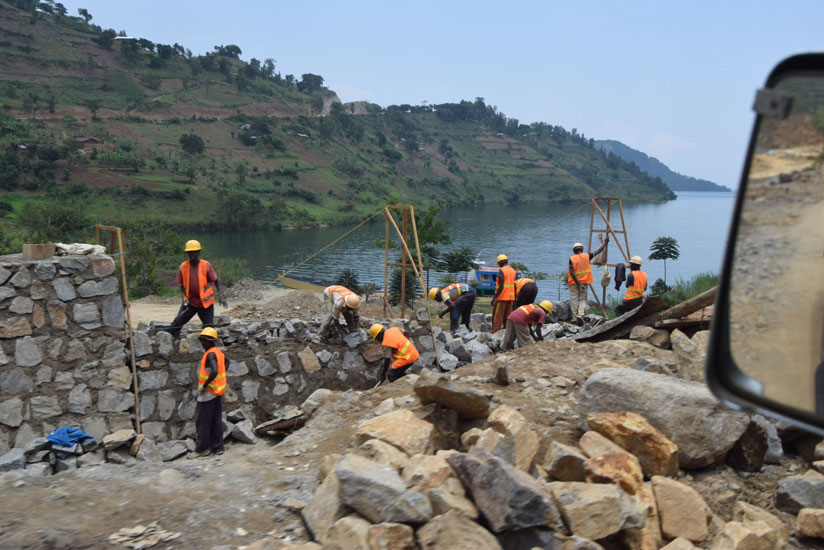This is a good initiative by RPPA, and its good they have adopted a pilot approach whereby the system will first be tested in a few institutions, lessons are learned, and adjustments made accordingly before a full roll-out. However, I have some few concerns.


Editor,
RE: "Government orders all public procurement services go online next year” (The New Times, September 26).
This is a good initiative by RPPA, and its good they have adopted a pilot approach whereby the system will first be tested in a few institutions, lessons are learned, and adjustments made accordingly before a full roll-out. However, I have some few concerns:
1. Bid submission: Most corruption cases occur at the bid submission stage, where procurement officers have access to physical bids, open them in secret and give their preferred bidder a lower cost so that they can win the tender.
How will this system ensure that procurement officers have no access to the submitted bids before the bid closing date? Can the system track tampering of bids?
2. Bid evaluation stage: This too has a loophole because an interested party either within the institution or among the bidders can influence decisions during evaluation.
How does the system deal with bid evaluation? Is there an online bid evaluation mechanism which can be accessed easily for verification by RPPA and the Auditor General?
I believe the best thing to do is to have bid evaluations open and accessible as opposed to previously when this exercise was the privilege of a small team of people constituting an internal tender committee.
3. Contract follow-up: Once a tender has been awarded and a contract signed, the next loophole is one of poor contract implementation where substandard work (or fewer quantities) is done or delivered, meaning that deliverables are not met, yet the client goes ahead and pays.
I hope this procurement system has a contract follow-up mechanism that links both finance departments (for payments) and stock departments (for control of delivered goods). This way, the verification and payment process would be made seamless and easily verifiable.
4. IT controls/system administration: This also presents a challenge to the new system because IT system administrators can manipulate the system to their advantage.
How can the RPPA and Auditor General’s office ensure this loophole is fixed through adequate system control procedures?
I also hope we have a strong IT team in place in order to build local capacity around this system and not rely on outsiders for maintenance and support, and not to have a system dependent on one person who can easily manipulate it.
We all remember the case in the human resources department in Rwanda Revenue Authority, which was manipulated by an HR officer who used it to create ‘ghost’ staff and channel lots of money into his personal accounts, simply because the officer was the only trained staff in the system.
Kigali Girl


